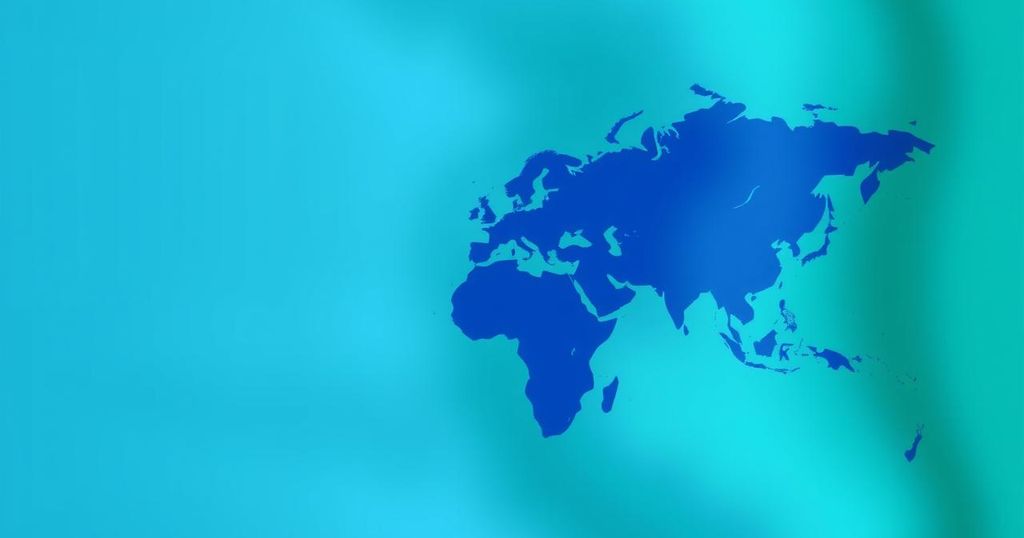Seoul and Kyiv Engage in Talks Over North Korean POW Repatriation

On March 17, South Korea and Ukraine discussed the repatriation of North Korean POWs captured by Ukraine. Minister Cho Tae-yul emphasized that these individuals are considered South Korean citizens and could be accepted for asylum. Recent interviews revealed that one soldier expressed a desire to defect. This situation unfolds amid complex geopolitical tensions involving North Korea’s military support to Russia.
On March 17, the foreign ministers of South Korea and Ukraine engaged in discussions regarding the repatriation of North Korean prisoners of war (POWs) held by Kyiv. The South Korean Ministry of Foreign Affairs confirmed that these POWs are recognized as South Korean citizens under national law.
During the conversation, South Korea’s Foreign Minister, Cho Tae-yul, articulated that Ukraine’s captured North Korean soldiers would be accepted by South Korea should they express a desire to defect. This information was conveyed as part of the ongoing dialogue regarding their status and potential relocation.
Moreover, reports from February 19 indicated that South Korean news outlet Chosun Ilbo conducted interviews with the detained soldiers, revealing that one expressed an interest in seeking asylum in South Korea.
Additional context surrounding the issue includes claims related to North Korea’s involvement in supplying Russia. Reports suggest that North Korea accounts for a significant portion of Russia’s ammunition, further complicating the geopolitical landscape in the region.
This development follows a series of military operations and strategic movements by Ukraine, highlighting the intricate dynamics at play within the current conflict.
The recent discussions between South Korea and Ukraine mark a pivotal moment regarding the treatment of North Korean POWs. As these soldiers may be eligible for repatriation and potential defection, the outcome will significantly impact diplomatic relations and humanitarian considerations in the region. Furthermore, the broader implications of North Korea’s military support to Russia remain a critical factor in ongoing geopolitical tensions.
Original Source: euromaidanpress.com







